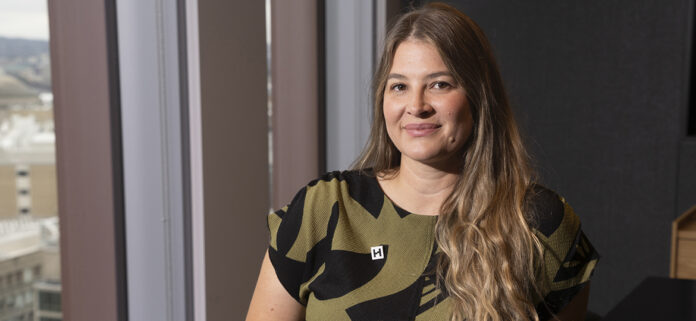WaFunda is leading the way by revolutionising education funding in South Africa.
The not-for-profit social impact enterprise is focused on enabling and delivering education to young people through crowdfunding.
Feenix group CEO and founder of WaFunda Leana de Beer says the latter’s unique
value proposition is allowing students to study now and pay later as much as their income would allow.
“You start paying when your salary reaches a certain threshold, and that may grow as you scale the income ladder.
This is making education more accessible by connecting tertiary students in need to
donor communities.
Once the student enters the job market and reaches a certain salary scale, they pay back a portion of the funds, which then gets reallocated to other students in need.
De Beer says the objective is to transform student funding, and this is on the back of the #FeesMustFall movement and the National Student Financial Aid Scheme (NSFAS), in an
almost catatonic state of dysfunction.
She says WaFunda puts ethics and sustainability at the heart of education funding by bridging the gap between communities with resources and students desperately in need.
She says until 2017, Feenix had raised an impressive R240 million in donations and supported more than 4 800 students.
“I saw an opportunity to push beyond traditional bursary models, so in 2020, I convinced the board to establish WaFunda as a social enterprise to complement their non-profit work with a genuinely sustainable funding solution.”
She says WaFunda is two-dimensional – financial literacy and income share agreements (ISA).
“It’s Blackbullion South Africa offers young people financial literacy”, she notes, adding that learning about money management is particularly useful in communities with challenges such as “black tax” and the emerging scourge of excessive gambling.
But she’s most proud of the game-changing nature of the ISA.
“These are income-linked loans, where students receive funding for their education in exchange for a percentage of their future earnings once they reach certain income thresholds.
“We take the risk of funding your education, but in the future, if you are successful and you hit certain milestones of a living wage, you will pay some of that money back.
“In essence, successful graduates fund the next generation, ensuring each success creates the next to continue the cycle of opportunity.”
As a female entrepreneur, De Beer has faced additional hurdles – she highlights that only about 2.3% of global venture capital funding goes to female-only founding teams, for instance.
But her approach to these challenges has evolved over the years.
“When I started out as an entrepreneur eight years ago, I thought that I had to minimise my feminine traits and maximise my masculine traits,” she reflects.
“What I’ve learnt since then is that the best way for me to show up is simply by being myself.”
This authenticity seems to be paying off.
Earlier this year, De Beer was selected as a Harambean Associate for 2025 in New Hampshire and received a highly commendable Entrepreneur of the Year award in London – recognition that reflects growing international interest in her sustainable approach to education finance.




